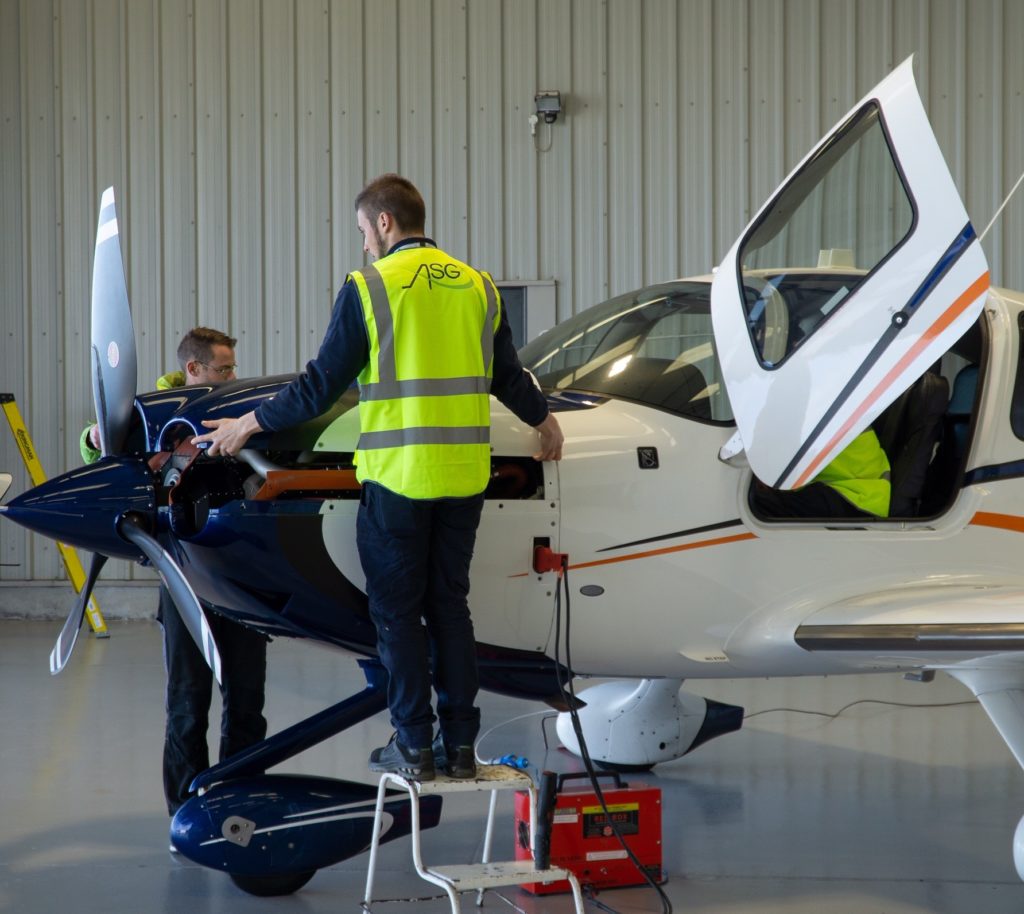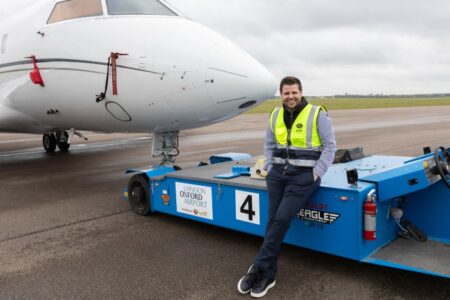The British Business Aviation Association is the first aviation industry association actively supporting the new UK Government-backed Aviation Skills Retention Platform.
The platform was launched for industry registrations on Wednesday, 10 February by the aviation minister, Robert Courts MP, during a webinar hosted by Department for Transport Aviation ambassador Jo Salter. Several dozen key sector representatives attended to learn more about the platform and how it will support the retention of skills across the sector.
The minister for aviation spoke about the importance of retaining and supporting the UK’s talented workforce. He called on industry organizations, and adjacent industries, to share as many vacancies and opportunities on the platform as they can and stressed the need to avoid an exodus of talent.
BBGA’s involvement follows a number of meetings conducted on Microsoft Teams with representatives of ASRP and the former aviation minister during the summer and winter lockdowns as it helped to help shape the proposition.
“Our interest is in helping so many colleagues who are sadly out of work as a result of this devasting pandemic. The whole landscape of aviation has changed inside a year, which has forced employers to make cuts in both operations and personnel. Business aviation has not been immune from job losses either, but we do believe our sector has the resilience to bounce back first,” said Marc Bailey, CEO of the BBGA.
“Our collaboration on the ASRP, working with Talent Retention Solutions (TRS) underpins the value of BBGA as the primary association and voice in general and business aviation now that we have exited the EU and EASA,” he said.
Terry Scuoler CBE, Talent Retention Solutions Chairman said, “The airline and aviation sectors are key to our nation’s economy and sense of well-being. We are therefore delighted to support and be part of the Government’s Aviation Skills Retention Programme, aimed at safeguarding employment and aiding the post Covid recovery.”
“If we are lucky, then perhaps 15-20% of jobs may be directed to SME’s through this channel,” said Bailey. “People can also be redeployed into complementary industries so that they retain their skills and their interest in aviation. It is vital that we retain contact with colleagues via this innovative resource so that further down the recovery path we can encourage a return to aviation as the market slowly returns.”
Immediate scenarios, for example, may see a displaced pilot able to move from commercial airline to retrain and work on the flight operations side of drones.





